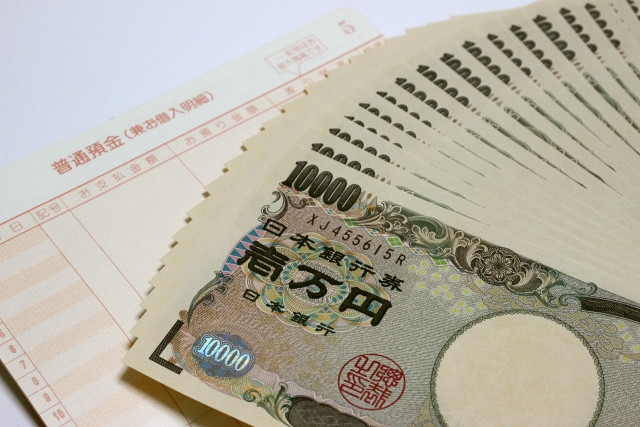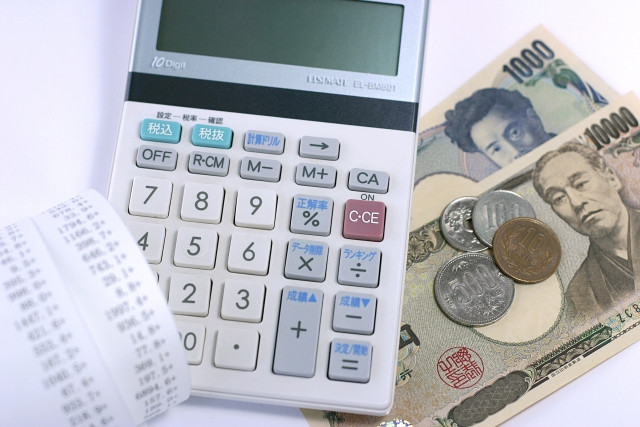Two inevitable things are change and taxes. Tax is the lifeblood of any country. There are different rates per country, and taxes paid by non-native residents are often influenced by the foreign policy of the country. Here is a basic guide for foreigners about their tax concerns in Japan.
Taxes in Japan
Taxes are compulsory payments that fall on the shoulders of residents of a country. It is used to fund public services and for the construction and maintenance of public infrastructures. It is crucial in benefiting the country’s economy and overall way of life.
The tax system of Japan is progressive instead of regressive. This means that the larger portion of taxes is shouldered by higher-income residents instead of lower-income residents.
Writer's Pick
Basics of the tax system of Japan
Foreigners are classified into three groups based on their status of residence in the country:
-
Non-residents: Individuals other than residents, or foreigners who have only stayed for less than a year in Japan.
-
Non-permanent residents: Foreigners who have stayed for more than a year but less than five years.
-
Permanent residents: Foreigners who have stayed for over five years in the last 10 years with the intent to remain in the country

Income Tax is derived from the amount earned by each individual. The general rule is each resident is taxed according to their amount of earnings in a year starting on January 1st. For non-residents, this applies only for income generated in Japan without deductions or exemptions. Non-permanent residents are taxed based on their income within the country; income generated overseas but paid within the country; and income sent from overseas to Japan. Permanent residents are taxed on all income regardless of how it is generated.
Since the tax system is progressive, income tax is must be paid by all residents. However, most companies will file the tax return for its employees through a tax-withholding system. Those who are not under this system must file taxes on their own by the deadline.
(※) National Tax Agency, "2018 Income Tax and Special Income Tax for Reconstruction"
Below are the taxable income brackets in Japan and each bracket’s corresponding tax rate.
For Residents:
-
Less than 1,950,000 yen: 5%
-
1,950,001 to 3,300,000 yen: 10%
-
3,300,001 to 6,950,000 yen: 20%
-
6,950,001 to 9,000,000 yen: 23%
-
9,000,001 to 18,000,000 yen: 33%
-
18,000,001 to 40,000,000 yen: 40%
-
More than 40,000,001 yen: 45%
For Non-Residents
A flat rate of 20.42%, without deductions on the gross income and allowance, is imposed for non-residents of Japan; however, depending on the type of income, tax may be collect at progressive rates. There is also a 20% withholding tax for income that comes from annuities, dividends and prizes.
※HSBC, "Tax rates"
Among many others, allowed deductions are the exemption or personal deduction, employment income deduction, capital gains deduction, medical expenses, spouse loss, social and life insurance premiums, property loss, and donations to the government. Residents may apply for these with corresponding requirements. However, only three types of deductions are available for non-residents – miscellaneous loss deduction, donation deduction, and basic deduction.
※Jetro, "Investing in Japan" ※KPMG, "Japan Income Tax"
Important things to know

Among these deductions, foreigners should also be aware of foreign tax deduction. For example, if a resident pays foreign income tax in Japan and another payment on the same income derived from sources abroad, that is double taxation. If a foreign worker comes from a country with a tax treaty with Japan, and has paid their Income Tax derived from their income generated in their home country, if they report to Japan, the amount is deducted from the Japanese Income Tax for the year. This is the foreign tax credit for residents.
※National Tax Agency, "No.12007 Foreign tax credit for residents"
Resident Tax or "Juminzei" is a local tax paid by the individual to the city or prefecture where they have lived in on January 1st of the year. No resident taxes will be collected for residents who generated income or lived abroad the previous year. Additionally, unless one is a government employee, Resident Taxes are not automatically taken from their salary.
※Tokyo University of Foreign Studies, "What is Juminzei (Resident Tax) and Nenkin (National Pension Plan)?"
There are other areas of income that are tax-exempt in Japan; these are allowances and reimbursements paid by the employer. An example is the commutation or transportation allowance, but it should be less than 150,000 yen per month. Another non-taxable is money received to cover the costs of relocation of an employee within Japan. Though home leave trips are still taxable, on certain conditions depending on employers' terms, reasonable costs of expenses, and other rules, tax exemption may be availed.
Housing allowances or employer's contributions to rentals, tuition fees, or other educational costs by the employer, bonuses, subsidies, and health insurance are taxable.
※KPMG, "Japan Income Tax"
The Japan calendar period for taxable income runs from January 1 to December 31, while the schedule for filing tax returns are due on March 15 of the following year.
The following are other types of taxes that locals pay that foreigners have to keep in mind as well:
National level taxes are the consumption and excise tax. Tax levied on consumption has a sales tax of 10%, these are the food or what we generally buy every day while excise tax is imposed on gasoline, aviation fuel, tobacco, and liquor.
※PWC Worldwide Tax Summaries, "Japan Corporate - Other Taxes"
Prefectural level taxes are enterprise tax and vehicle tax. Enterprise taxes are for self-employed engage in business-related individuals, and vehicle tax is for every purchase of any type of car or other motorized vehicles.
Municipal level tax is the property tax paid annually by individuals who own land, housing, and other properties.
Aside from taxes, foreigners also have to think about health insurance fees. It is a legal requirement for all residents and non-residents living in Japan to have health insurance and healthcare. Japan is known for its topnotch healthcare system with high preventive measures and high-end health facilities. Public healthcare in Japan is accessible to both locals and foreigners living in the country. Healthcare insurance fees depend on your income, and where you live.
Summary

Living and eventually staying in any foreign country would be overwhelming for anyone in terms of taxes and expenses. That is, if one does not effectively familiarize themselves with these aspects first. Japan, like any other country, has its own laws and regulations concerning tax. Different types of taxes are mandatory to ensure continuous quality service of the government for the public’s best interest. Paying taxes on time is a huge factor in the ability to renew visas and being considered for permanent residency. Foreigners ought to keep this in mind when planning to reside in Japan. From income that should be taken care of by employers to property, it is every individual’s responsibility to make sure their taxes are done properly. In turn, they may hope to reap the benefits of their hard work.


































